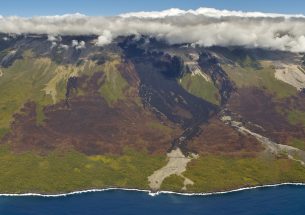News and Opinion
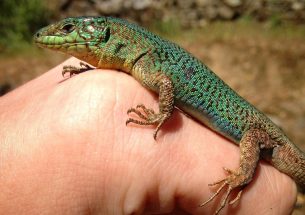
Lizards develop new 'love language'
READ MORE about Lizards develop new 'love language'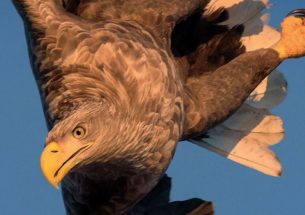
Conservation research, policy and practice
READ MORE about Conservation research, policy and practice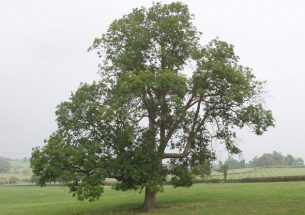
Ash dieback is less severe in isolated ash trees
READ MORE about Ash dieback is less severe in isolated ash trees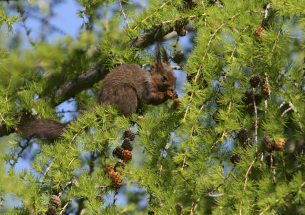
Parasite carried by grey squirrels negatively impacts red squirrel behaviour
READ MORE about Parasite carried by grey squirrels negatively impacts red squirrel behaviour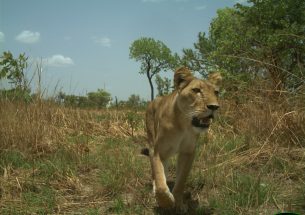
West African lions show no preference between national parks and hunting zones
READ MORE about West African lions show no preference between national parks and hunting zones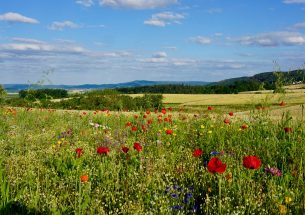
More taxpayers’ money for the environment and public benefit
READ MORE about More taxpayers’ money for the environment and public benefit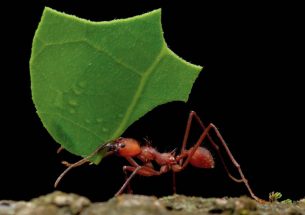
Microbiomes of soils, plants and animals
READ MORE about Microbiomes of soils, plants and animals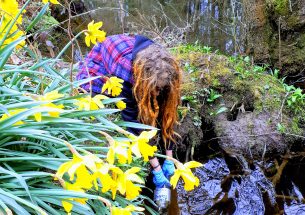
Fishing for Mammals: How DNA from rivers could revolutionise mammal detection on land
READ MORE about Fishing for Mammals: How DNA from rivers could revolutionise mammal detection on land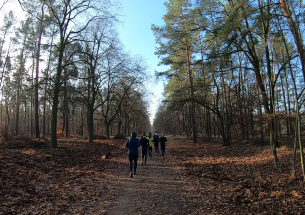
Why a focus on constant change is more important than a focus on stability
READ MORE about Why a focus on constant change is more important than a focus on stability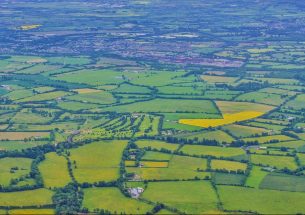
Smaller fields and diversified crops can help spontaneous plants to make a comeback, even in the middle of fields
READ MORE about Smaller fields and diversified crops can help spontaneous plants to make a comeback, even in the middle of fields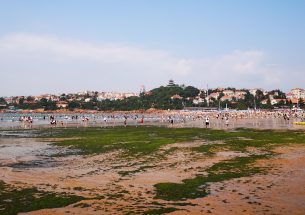
Human activities and underlying mechanism of green tide formation
READ MORE about Human activities and underlying mechanism of green tide formation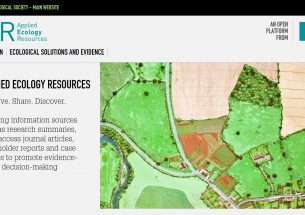
Bridging the knowledge gap: a new platform for Applied Ecology Resources
READ MORE about Bridging the knowledge gap: a new platform for Applied Ecology Resources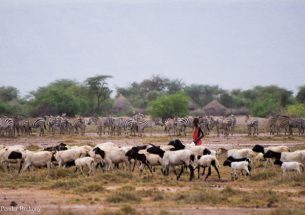
What’s good for livestock can be good for wildlife
READ MORE about What’s good for livestock can be good for wildlife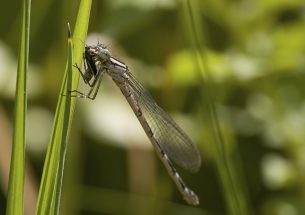
Dragonflies are efficient predators that consume hundreds of thousands of insects, locally
READ MORE about Dragonflies are efficient predators that consume hundreds of thousands of insects, locally